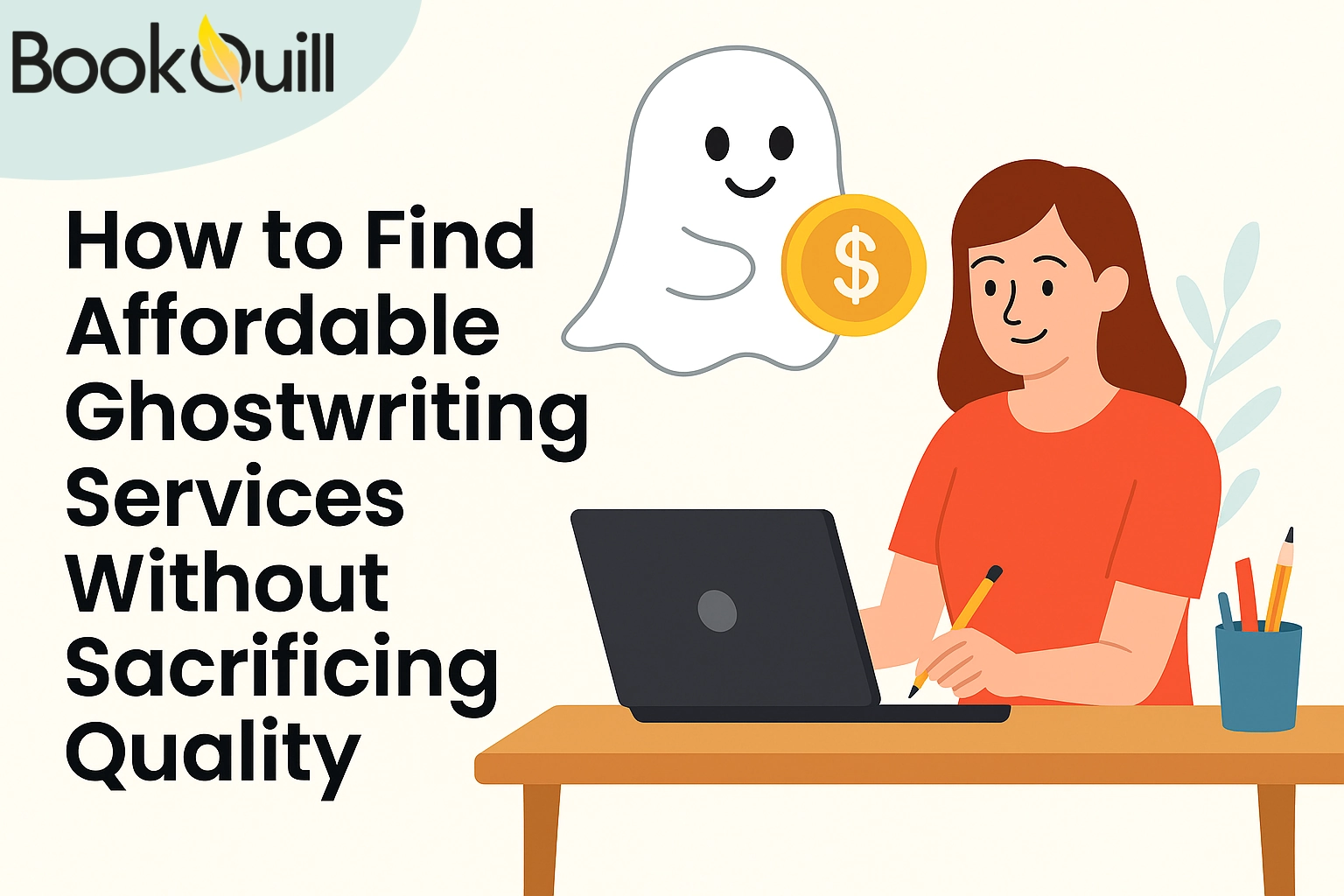Table of Contents
Explore Blogs
Trending on Ebook
What’s the Difference Between a Memoir and an Autobiography?
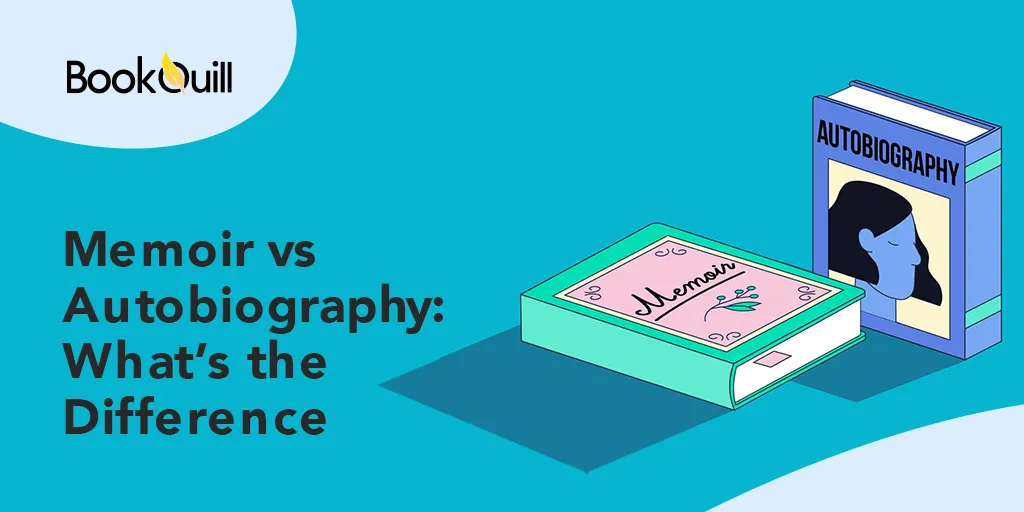
Memoirs and autobiographies are usually placed in the same section of the library bookshelves. These terms are often used interchangeably, but have you ever wondered about the exact difference between memoir and autobiography?
Despite their similarities as non-fiction works that tell people’s stories, there are subtle yet important differences between the two. In this article, we look at the differences between memoir and autobiography and explore popular examples from both genres.
Let’s jump right in!
What Is an Autobiography?
An autobiography is a form of non-fiction writing in which a person narrates their life story. It typically covers the significant events, experiences, and milestones in their life, from birth to the time of writing the book.
So, what is included in an autobiography? In an autobiography, the author provides a in-depth and factual representation of their life, offering insights into their thoughts, feelings, and motivations.
Autobiographies are detailed and follow the sequence of events as they happened in the author’s life.. They often include background, family history, education, career, and relationships.
Some famous examples of autobiographies include Diary of a Young Girl by Anne Frank, The Autobiography of Malcolm X by Malcolm X, and Alex Haley.
What’s a Memoir?
A memoir is a subgenre of nonfiction writing that focuses on a specific theme or set of experiences in an author’s life. An autobiography provides a comprehensive account of the author’s entire life, while a memoir narrows its focus to a particular life experience
The word ‘memoir’ has French origins, meaning memory. In a memoir, the author reflects on personal experiences as they remember them. These may include moments of personal growth, challenges overcome, relationships, or significant events.
Memoirs are subjective and have a reflective tone since they represent the author’s recollection of an event. A memoir, while emotionally truthful, is not fact-checked.
A memoir’s narrative structure is not strictly chronological; instead, it can be thematic or episodic. This flexibility gives writers more space to highlight the emotional impact of events or explore a central theme.
Memoirs are deeply personal, offering readers an intimate look into the author’s thoughts and experiences. Some popular examples of memoirs include Bossypants by Tina Fey and Night by Elie Wiesel.
Memoir vs Autobiography: Key Differences
Have you ever wondered, “How is a memoir different from an autobiography?” or “What is it called when someone writes a book about themselves?” Let us explain! Here are the key differences between memoirs and autobiographies:
Scope and Focus
The main difference between memoir vs autobiography is the focus and scope of the book’s content. Autobiographies cover an entire lifetime and provide a detailed account of all the significant events, relationships, and experiences of the author. From the author’s earliest memories to the present, autobiographies cover everything in a chronological manner.
On the other hand, memoirs focus on specific aspects of the author’s life. Whether it’s a difficult childhood, a critical relationship, or a particular career achievement. Memoirs offer an in-depth view of a specific experience of a person’s life. The focus on specific life phases allows authors to explore the emotions associated with those moments in-depth.
Subjective Truth and Perspective
Autobiographies are more objective and present a factual account of the writer’s life events. They are a factual overview of the author’s lives which focuses on the events themselves more than the author’s emotional response to them.
In contrast, memoirs are subjective and offer a personal perspective. They offer insight into the author’s emotional responses, reflections, and interpretations of particular incidents, without worrying too much about the factual representation of the events.
Selective Memory and Creative License
Another major difference between memoirs and autobiographies is the use of selective memory and creative license. Autobiographies are written with a focus on accuracy and completeness. In autobiographies, writers aim to provide an unbiased and factual account of their lives.
Autobiographers avoid relying solely on memory as one might remember things incorrectly. In contrast, even though memoir writers understand the risk of writing from memory they embrace it. This is because memoirs can be written with creative license to enhance the emotional impact of the book. This means the author is narrating his story how he remembers it.
Timing and Reflection
Since, an autobiographies cover entire lifespans in a chronological order, they offer a more objective perspective. They present life events and experiences without detailed personal reflection. Memoirs, on the other hand, benefit from the passage of time. By focusing on specific themes, authors can offer great detail and insight into events, relationships, and personal development in their memoir.
Popular Examples of Autobiographies and Memoirs
You probably have heard of or read autobiographies and memoirs at some point. Let’s look at examples of autobiography and memoir to better understand the difference between memoir and autobiography.
Autobiographies
The Diary of a Young Girl by Anne Frank
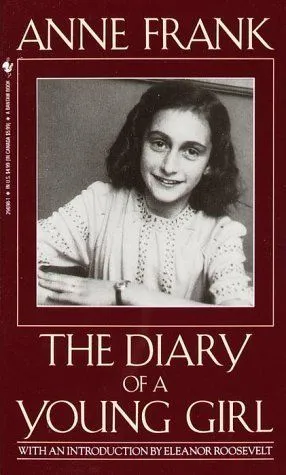
Summary: The Diary of a Young Girl is a moving account of Anne Frank’s life in hiding during the Holocaust. Written in diary form, it provides a chronological and detailed perspective of her experiences from 1942 to 1944.
Key Feature: The book is an autobiography because it covers Anne Frank’s entire life up until her arrest by the Nazis. It features a factual and chronological narrative, offering a comprehensive overview of her thoughts, feelings, and experiences.
Long Walk to Freedom by Nelson Mandela
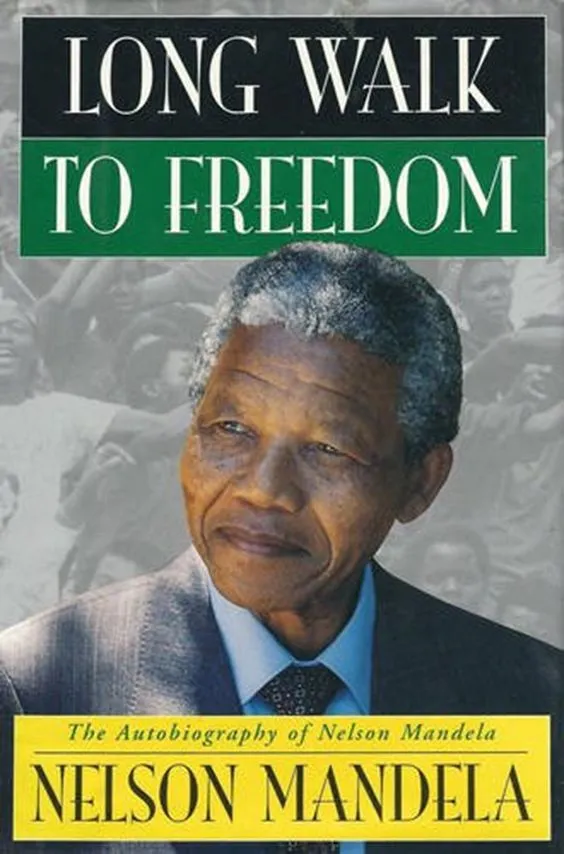
Summary: Long Walk to Freedom is Nelson Mandela’s autobiography, documenting his life from his childhood in a rural village to his years of activism, imprisonment, and eventual presidency in post-apartheid South Africa.
Key Feature: This book is an autobiography as it offers a complete and chronological account of Mandela’s life. It provides a detailed overview of his political and personal journey.
Memoirs
Eat, Pray, Love by Elizabeth Gilbert
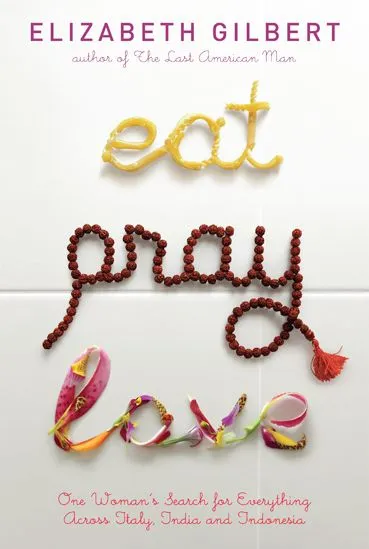
Summary: In “Eat, Pray, Love,” Elizabeth Gilbert embarks on a journey of self-discovery after a painful divorce. The memoir focuses on three distinct periods: eating in Italy, praying in India, and finding balance in Indonesia.
Key Feature: Eat, Pray, Love is a memoir because it concentrates on specific themes and periods in Gilbert’s life rather than providing a complete life story. It has a subjective and reflective tone, detailing Gilbert’s emotions and personal growth after her divorce.
The Glass Castle by Jeannette Walls
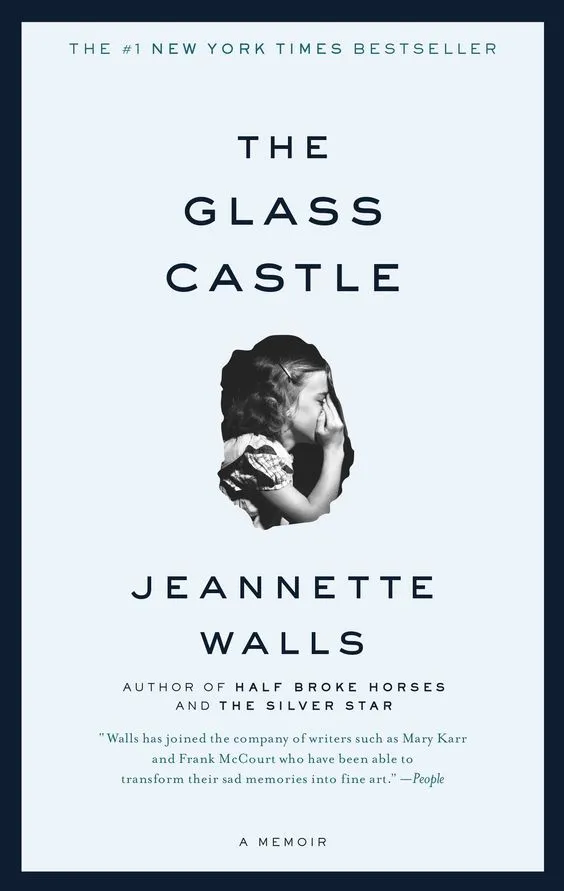
Summary: The Glass Castle is Jeannette Walls’ memoir, detailing her nomadic childhood with her dysfunctional family. The memoir explores themes of poverty and the impact of family dynamics on personal development.
Key Feature: Walls’ memoir is centered around a specific period in her life. This allows her to explore the emotional and psychological aspects of her nomadic childhood. It is subjective, reflective, and deeply personal.
Writers Dilemma: Should I Write a Memoir or Autobiography?
Choosing between writing a memoir or an autobiography can be a confusing decision. People are usually left wondering, “What is a book about your life called?”. The answer could be a memoir or an autobiography. The difference between a memoir and autobiography lies in the content.
Autobiographies tell the complete story of a person’s life, starting from the beginning and covering every important event. It’s like taking a bird’s eye view of someone’s life and capturing their entire journey in a book.
On the flip side, memoirs focus on certain parts of a person’s life. They focus on particular themes, moments, or experiences that have shaped the author’s life. It’s like looking at the highlights of someone’s life. So, why would someone write a memoir instead of an autobiography?
Well, it all depends on what you want to write about. While, deciding between writing a memoir or an autobiography ask yourself this, do you want to share your entire life or showcase a few key experiences?
Autobiographies offer an in-depth overview so readers can have a broad understanding of your life’s journey. Memoirs, however, allow telling a more personal and intimate account of emotions and lessons learned during specific chapters of your life.
Consider your storytelling goals. Are you aiming for a big picture, or do you want to offer readers a closer look at particular experiences? Decide your vision for the book and story before you start writing.
Tips for writing memoirs:
If you decide to write a memoir, remember these tips:
- Stick to a theme: Memoirs typically focus on one aspect or theme of your life. Be it family, childhood struggle, stint with illness, etc. It’s important to pick a theme you feel passionate about and care deeply for because your book’s story will revolve around it. Don’t
- Share and shine: Memoirs are incredibly emotionally charged and offer highly personal insights. You don’t have to worry about the nitty gritty facts and details of the incidents as long as you speak your emotional truth. Worrying too much about fact-checking each memory can take away from the depth of the memoir.
Tips for writing autobiographies:
If you decide to go the autobiography route, here are a few things you should keep in mind:
- Hook the reader: Without a good hook, your book will be lost in the mix. If you’re a well-known personality, your celebrity status might be enough of a hook to get people to pick up your book. But if you’re not well-known, do not be discouraged. You can make your autobiography interesting in other ways. Ask yourself, why people would want to read your book. Did you create something? Were you a part of an organization people would like to about? Do you work in a lesser-known field? Did you deal with a life-altering situation? These are all great hooks that can prompt a reader to pick up your autobiography.
- Do your research: Autobiographies are factually accurate and in chronological order. To make sure you’re not remembering things incorrectly, interview old friends, browse through journals and diaries, and surf the internet.
Final Word
Autobiographies and memoirs are tools to tell your life story. Autobiographies are great for telling your whole life story in order, while memoirs look at some experiences closely, allowing you to share personal feelings and learnings. Autobiographies and memoirs both provide a unique lens through which readers can experience the diversity of the human experience.
Frequently Asked Question
What is the difference between an autobiography and a biography?
Autobiographies are self-written accounts whereas biographies are written by someone else about a person’s life. Autobiographies are usually written in first-person perspective whereas biographies are typically written in third-person perspective.
How is a memoir different from an autobiography?
In memoirs, authors focus on telling a specific experience of their life whereas autobiographies are chronological accounts of an author’s entire life. Memoirs focus on a particular theme or experience in-depth whereas the autobiography shares the whole life journey.
What is an example of a memoir?
Tuesdays with Morrie by Mitch Albom is a popular memoir. In this book, Albom shares his experiences and conversations with his former college professor, Morrie Schwartz, as Morrie faces a terminal illness.




